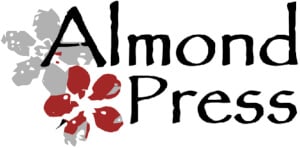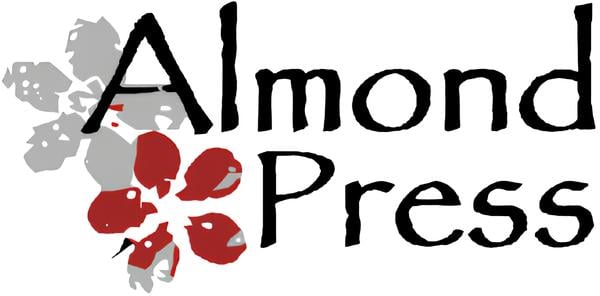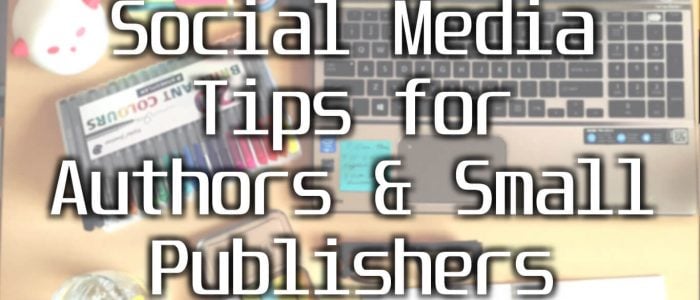Social Media Tips for Authors and Small Publishers
Everyone knows to “use” social trying to cover all the bases. So where do you begin as an author or small publisher looking to make your mark in a clustered book world?
Know what they’re good for.
Each platform serves a useful and largely individual purpose in terms of promotion and engaging people with what you do. Here’s a brief, basic run through of some:
Twitter: Bitesize updates, good for socialising and interacting directly with people.
Facebook: Good for slightly longer statuses and more concentrated discussion.
Instagram: Visual. Got a book? Post it in well-crafted pictures. Got a dog? Definitely post pictures of them.
Youtube: For videos. Regularity can work well here: weekly, fornightly, monthly updates. With vloggers, you need to make sure these are of a fairly high quality to compete.
Blog: WordPress, Blogspot or your website are all great places to write longform pieces about topics that are relevant to or interest you, if you’re going for straight up blogging. Or…
Tumblr: Can be used for blogging but also a GIF-kingdom. Full of fandoms, and offers a little more freedom than other blogging platforms, and a readymade community.
Pinterest: Where you ‘pin’ images, links and more that you like in collections for people to view and pin again. Perfect for moodboards.
Linkedin: CV. It’s good for professional networking and snooping people who work for companies that you’re looking to perhaps get in touch with.
Snapchat: Temporary photos and videos sent to followers’ phones. Create stories.
Periscope: Live streaming, can be integrated into other platforms like Twitter easily.
Reddit: A massive community that covers anything and everything. You share things and comment, upvote and downvote. You need to get to grips with subreddits, though we’d assume you’re looking for /r/write.
Emails: It’s often forgotten, but setting up a mailing list is a vital way to build supportive audiences. You can do this on Mailchimp.
That’s just a dozen or so of the best options to get yourself out there.
So how do I interact across all these platforms?
There are a lot of different ways, so here’s a few overarching rules:
Learn the language. Reddit is full of abbreviations, Twitter and Instagram rammed with hashtags. Know them, use them. #bookstagram and #amwriting are two good places to start.
Don’t push people away with a sales pitch. If someone follows you, they’re interested in some form. Things like auto-DMs going “Thanks for the follow, here’s a link to buy a book” by and large put people off or get ignored. No one wants to follow a sales channel – even if you’re a company, people want some sort of personality or content.
Get a routine. You don’t need to stick to it, but aim for things like a weekly blog or monthly video, 2-3 Instagrams a week – the social media that you don’t use normally, set goals to try keep to them.
Okay, so what should I be using? Well, here’s a guide and some great examples.
Do you want to talk to people?
Twitter is key, conversational, and you can jump on thousands of hashtags to track and take part in chats. Facebook is technically using each post as a mini-forum to track conversations. These two would be the go-to that everyone should have, and will give a direct line of communication with you, and snapshot of what you’re up to.
For best practice and examples, check out:
- Company Twitter: @VintageBooks and @OrkneyLibrary
- Author Twitter: @MalorieBlackman
- Facebook: Mark Dawson
Do you want to be visual?
Got something to show off? Book cover? Are you an illustrator? Are you working on character sketches? Facebook have a live video option that gets a lot of traction, Periscope is brilliant for integrating into other platforms, and Youtube is good if you have the time to create a quality video. Instagram is a natural place to share pictures, and Pinterest is fabulous for creating moodboards for your books and characters to offer more to your readers (as well as for your own planning!). Be a bit more creative and interactive, and give people a look deeper inside your thought process.
For best practice and examples, check out:
- Instagram: Veronica Roth
- Periscope: Chris Riddell
- Pinterest: BookRiot
- Youtube: Anna James
Do you want to write longform?
Set up a blog, share it on your other platforms. Let people see what you’re up to, interested in or thinking about.
For best practice and examples, check out:
- Author blogging: Samantha Shannon
- Publisher blogging: Barrington Stoke
Do you want a community?
Reddit and Tumblr are ready for you to jump straight in. You just need to find the right corner of their sites. Chat, build your own group of fans and friends there. If you want to orchestrate your own, email is the place to go. Build a list, offer them great content that they want to engage with.
For best practice and examples, check out:
- Tumblr: John Green
- Email: Nicola Balkind’s Reading Week
Do you know who your audience is?
Snapchat can be good for on-the-go updates since it’s via phone, but also has a much younger demographic than most platforms. Facebook has a much larger range. Linkedin is where to share professional or industry updates, and so on. All will have a huge mix of people, but there will be clusters of ages, or fandoms, across different ones.
For best practice and examples, check out:
- Snapchat: Estelle Maskame / X008EST
Do you want a mix of these things?
There’s no set rule, but a solid understanding of the who, what, where and why of social media will help you work out where you want to be. Don’t use them all and spread yourself too thin – find a few that work for you and do them really well. Remember to have fun too, it’s not all about being super serious about the craft of writing. There is a lot of potential in social media. It’s about working out what suits you.
- What is a writing competition? Why should I pay to enter? - November 15, 2018
- How to Write the Book Introduction to Hook Your Reader - October 7, 2017
- How to Write: Self-Publishing Your Work Online - October 1, 2017


